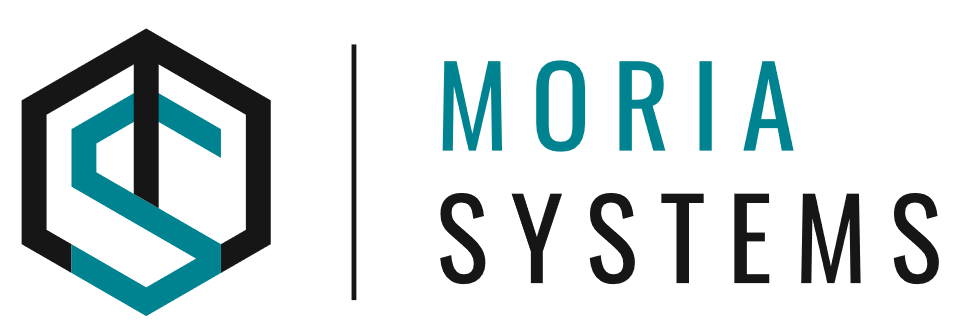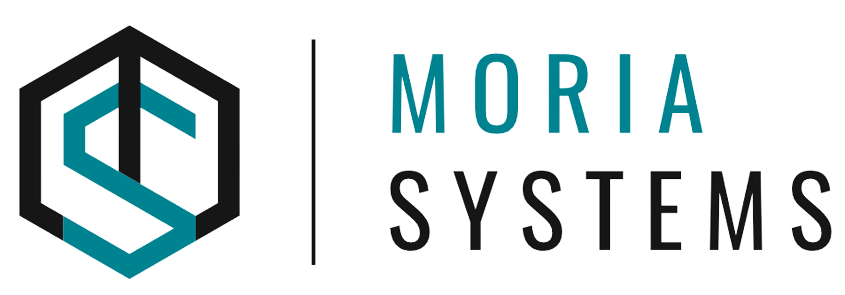Logistics Management Software Solutions Leaders In 2023
Content
With the pandemic, businesses were compelled to rely more on logistics management software to pace with changing demands and provide essential items to customers. To address the pressing challenges in logistics management, a modern logistics software solution promises to add increased scalability, speed of delivery, efficiency, and accuracy. In fact, many of the key features in these systems have already been widely adopted in the logistics industry.
- TMS allows clients to schedule their shipments through their personalized, online TMS account.
- To begin with, this software offers minute control over your existing operations.
- From vehicle tracking to inventory management, you get a complete fleet management solution to streamline operations and improve customer satisfaction.
- Since it deals with several customers simultaneously or in different phases, software with inventory and purchase orders has more emphasis.
- It alerts customer support to take over for more difficult return cases.
Hands-on access to data relevant to delivery status Greater customer convenience through the carrier app. With Linbis, businesses are now able to manage larger quantities of inventory and operations through several units and workers at the same time. Therefore, products and their quality are equivalent to the business accounts and finances. Demand surges or panic buying influences inventory stock levels and customer service satisfaction and can also impact the entire supply chain.
Transportation Management
Some companies do have success with this method; however, many come out spending significantly more than originally budgeted in the process . IT teams also believe that creating in-house solutions will lead them to have greater control over their program as they can shape it to meet their exact specifications. Ramco Logistics Platform is highly modular in nature which means the customers have the flexibility to pick and choose from our solution spectrum. Ramco Logistics Software supports more than 25+ industries, so that you need not lookout for a new system when you are onboarding a customer from a different industry.
Automate your shipment processes by building a customized Transportation Management System . Integrate your digital tools such as market rates, accounting systems, route maps, load boards, and more in a single logistics software solution for easy and fast access and management. Cut transportation costs by minimizing human errors, centralizing procurement operations, tracking deliveries in real time, automating warehouse and inventory management. Do you want to empower your company with leading-edge logistics software solutions and technologies?
Inventory forecasting system
It can be integrated into the procurement or supply chain management system, helping companies make more informed decisions about inventory administration, transportation routing, and delivery schedules. Logistics planning software takes many forms and is invaluable in the world of supply chain management. Demand forecasting is key to success and growth, which helps identify potential scope for expansions and potential threats.

But actions speak louder than words — our client reviews at Clutch and case studies speak volumes. Before selecting a third-party logistics software solution, you should determine what processes you want the software to automate or streamline and make sure the software’s feature set can address your needs. The size of the global logistics automation market grew at an astonishing 14.8% CAGR, reaching $63 billion in 2023. This makes sense because logistics management software with AI- and robotics-powered capabilities have enormous potential to optimize your operations. Logistics management is the part of supply chain operations that helps companies plan, manage, store, pack, move, and distribute goods. It operates in two directions — forward and backward — covering operations that deliver products to their final destination and, in case something goes wrong, managing returns and incorrect or damaged shipments.
Main Components of Logistics Management
With our open-source, low-code platform, you can build fully deployable, custom apps, in minutes – with or without coding. Budibase is the fast, cost-effective way to build tools for managing fleets, inventories, clients, distribution networks, and more. The platform provides specialty mobility services for the physical distribution of products across the company’s network.

Services like Shipengine provide APIs that communicate with dozens of shipping companies, allowing you to compare rates and delivery times to select the best shipping option. The human workforce is required to assign orders to specific couriers based on location and available inventory. A good logistic module must self-prioritize the courier selection based on the courier’s performance in a specific location. And keeps on assigning orders to increase the overall efficiency of the system. Good logistics management software must be able to record product return data as well.
Warehouse management system
Code optimization, migration to AWS hosting, and designing an in-house database with zip codes instead of a Google API resulted in significant savings and an inflow of shippers. As a result, companies need personnel only to address exceptional circumstances. The logistics analytics solution does the rest — it plans future purchases, suggests how many trucks and drivers to dispatch, and better allocate resources.
Today we are used in all energy hubs, and our outreach grows by the day. Kabal delivers value across the energy industry, to operators and vendors, including service, rig, marine https://globalcloudteam.com/ and supply base companies. Don’t forget to check our Portfolio and Technologies to get an idea of which components we can take care of in your existing or potential projects.
Customer relationship management
The major problems in the logistics industry creep in from its inconsistency and fragmentation. With multiple parties involved in the logistics supply chain- manufacturers, storekeepers, drivers, managers, and customers, it is difficult to have centralized control over their communication path. With proper inventory management, organizations can easily monitor active orders, track shipments, and reorder supplies with real-time sales data and historical trend analysis. If we’re learned anything throughout COVID-19, it’s that the ability to scale quickly is essential. Companies that were ready to adopt technology including retail logistics software were at a stark advantage over those who lagged in making decisions regarding their management software. According to Gartner’s Hype cycle for supply chain management technology, 48% of respondents would only work with technology that has passed the earlier phases of the hype cycle.








